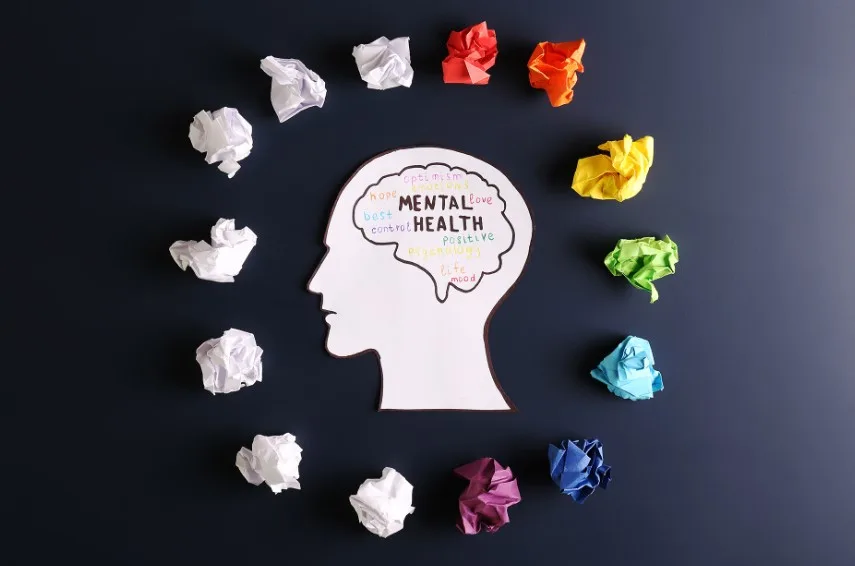Embarking on a wellness holiday is a strategic investment in mental health, providing a transformative experience that extends beyond the typical holiday. This guide explores five profound ways in which wellness holidays contribute to mental well-being. From stress reduction to fostering mindfulness, these retreats offer a holistic approach to mental health, creating an environment that nurtures emotional resilience and encourages participants to prioritize their mental well-being.
1. Stress Reduction Through Mindful Practices:
A wellness vacation is designed to alleviate stress through immersive experiences in mindfulness and relaxation techniques. Participants engage in guided meditation sessions, nature walks, and yoga practices, fostering a mental space conducive to stress reduction. These mindful practices help individuals disconnect from the demands of daily life, enabling them to recalibrate and center their minds. The serene settings of wellness retreats provide a tranquil backdrop, amplifying the effectiveness of these practices and allowing participants to experience a profound sense of relaxation that permeates into their daily lives.
2. Emotional Resilience and Self-Discovery:
With regard to mental health, one of the most important advantages of wellness vacations is the development of emotional resilience and the finding of one’s own identity. By participating in therapeutic interventions, individuals are able to investigate their feelings, address the sources of stress in their lives, and acquire insights into their mental health. Emotional healing can be achieved via activities such as expressive arts, writing, and holistic treatments. These activities help people to handle problems with more resilience. This emphasis on emotional well-being helps participants develop a greater sense of self-awareness, which in turn enables them to better comprehend and control their feelings, not only during the retreat but also in their continuous activities in their personal and professional lives.
3. Mind-Body Connection and Holistic Healing:
Holistic therapeutic practices that are beneficial to mental health are promoted during wellness holidays, which emphasize the intrinsic link that exists between the mind and the body. It is possible to achieve a harmonic relationship between one’s mental and physical well-being via the use of spa treatments, holistic therapies, and mindful movement techniques. Participants are able to see the interconnectedness of their mental and physical states, which results in a deep sensation of rest and renewal for them. A permanent feeling of mental well-being is one of the benefits that can be gained by adopting this holistic approach, which encourages people to include routines in their daily lives that nourish both their brains and their bodies.
4. Mindful Nutrition for Cognitive Well-Being:
Nutritional education is a vital aspect of wellness holidays, and it significantly impacts mental health. Participants are exposed to mindful nutrition practices that support cognitive well-being. Educational sessions on the relationship between diet and mental health, combined with access to nutritious meals, empower individuals to make informed choices. The focus on nourishing the body with wholesome foods contributes to enhanced mental clarity, improved mood, and sustained energy levels. The nutritional principles learned during the retreat become valuable tools for participants to maintain a balanced and mentally supportive diet beyond the duration of the holiday.
5. Enhanced Sleep Quality and Mental Restoration:
Quality sleep is a cornerstone of mental health, and wellness holidays prioritize creating an environment conducive to enhanced sleep quality. Participants benefit from comfortable accommodations, sleep-focused workshops, and relaxation techniques that contribute to better sleep hygiene. The emphasis on mental restoration during sleep extends beyond the retreat, equipping individuals with strategies for improved sleep patterns in their everyday lives. This focus on sleep quality complements other mental health benefits, providing participants with a comprehensive approach to fostering well-being that encompasses both waking and sleeping hours.
Conclusion:
In conclusion, wellness holidays offer a multifaceted approach to benefiting mental health. From stress reduction and emotional resilience to mindful practices and enhanced sleep quality, these retreats create an environment that supports participants on their journey toward improved mental well-being. The transformative experiences and practices learned during the wellness holiday serve as enduring tools, empowering individuals to prioritize and nurture their mental health long after the retreat concludes. As the significance of mental well-being gains prominence, wellness holidays emerge as a valuable resource for those seeking a holistic and rejuvenating approach to mental health.





